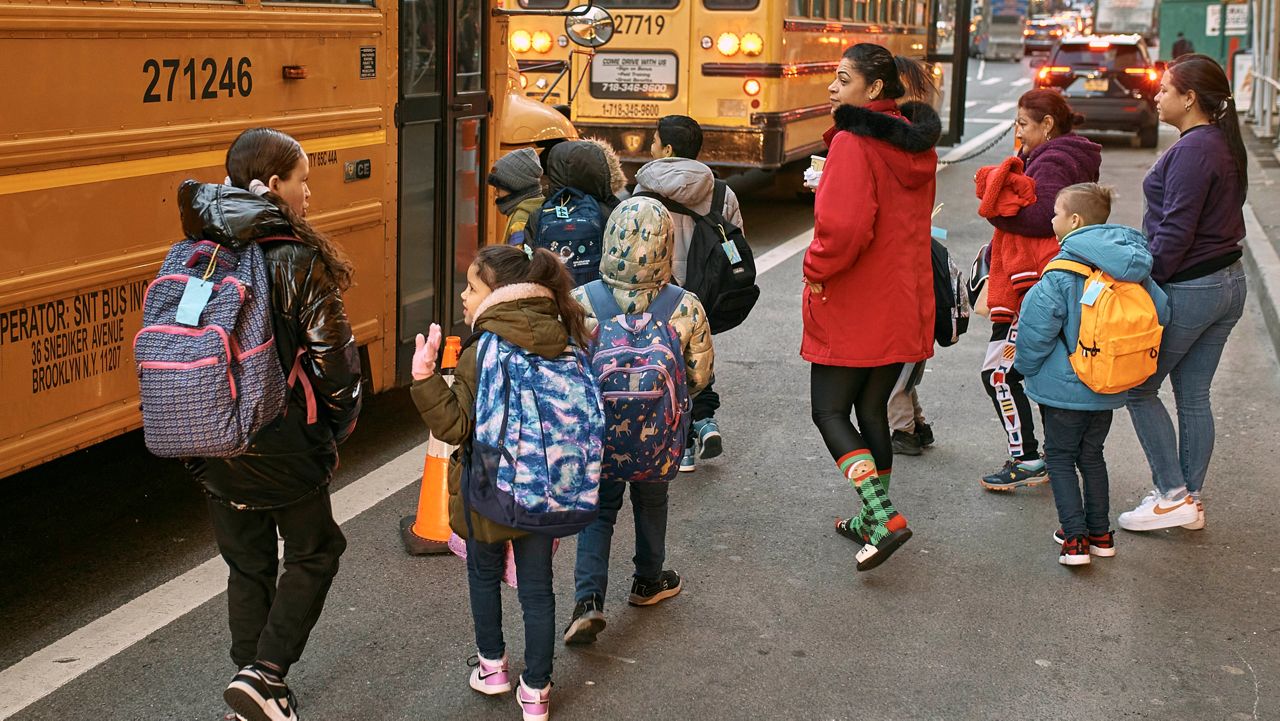NEW YORK — An advocacy group says the number of young children in the city receiving early intervention to address developmental issues has plunged since the pandemic began.
"As a result, thousands of young children with developmental delays or disabilities missed the chance for intervention at the time when it’s most effective,” Randi Levine, the policy director of Advocates for Children, said.
What You Need To Know
- The number of young children in the city receiving early intervention to address developmental issues has plunged since the pandemic began
- Early intervention is a federally mandated program that provides services like speech or physical therapy to children under three
- The drop came as day care centers closed, and as many parents put off visits to pediatricians
Advocates for Children is basing its findings on an analysis of city data. It says referrals in late March and early April for early intervention fell 82 percent compared to the same period a year earlier. That means 3,000 to 6,000 young children were never identified as potentially having developmental delays or disabilities. The number of children actually receiving the early intervention fell, too -- by about 2,900, or 15 percent, from July to September, compared to the previous year.
"So instead of being referred to early intervention and getting evaluated for potential services to help address developmental delays or disabilities, these children are simply falling off the radar,” Levine said.
Early intervention is a federally mandated program that provides services like speech or physical therapy to children under three, an age when the brain is rapidly developing.
"If we intervene in those years, we can ameliorate so severe problems are less severe, and perhaps actually prevent delays from becoming disabilities,” Dr. Liz Isakson, a pediatrician and executive director of Docs for Tots, said.
The drop came as day care centers -- where staff might notice a child not hitting milestones -- closed, and as many parents put off visits to pediatricians. Early intervention providers like Linda Silver noticed the decline in referrals.
"There’s this whole cohort of children who would normally be referred or getting services that are not, and it’s hard to identify whoever they are because they’re not known to us,” Silver, who is executive director of the Little Meadows Early Childcare Center, said.
Referrals have picked back up recently, but there's been no surge of children to make up for those the system missed last spring and summer.
"We don’t know what has happened to all of the children who weren’t referred at the height of the pandemic. At some point, we would expect to see a significant increase in referrals to early intervention, and think it’s important to identify the children who were not referred and make sure they get connected to services as soon as possible,” Levine said.
Advocates for children is urging the city and state to launch an outreach program for parents and develop plans to screen more children for developmental issues.
“Very early in the pandemic, we shifted all home-based Early Intervention services to a teletherapy approach in order to reduce the community transmission of COVID-19. We have done our best to work with families in order to get children the services they need during this incredibly difficult time,” a city health department spokeswoman said.






)

